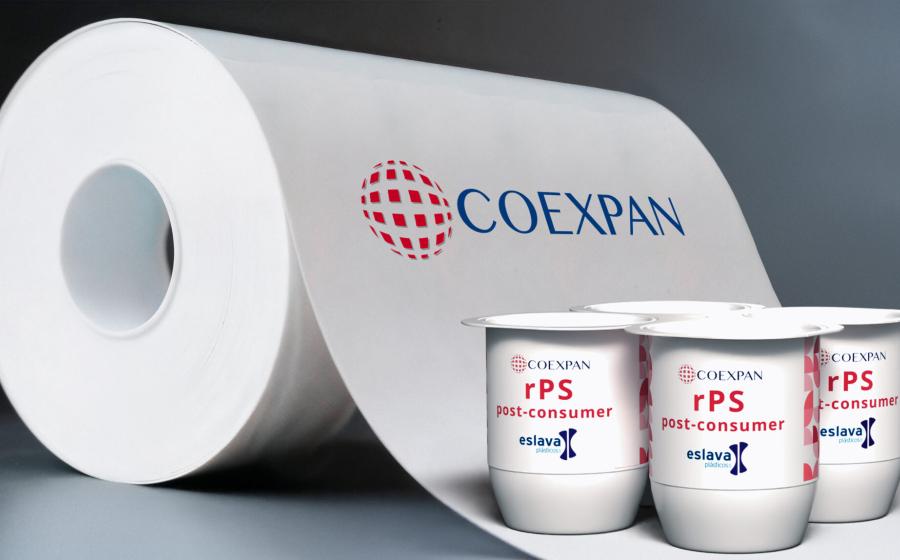
Through the collaborative development of an innovative decontamination technology, currently at an advanced validation stage, both companies are laying the groundwork for the reintroduction of recycled polystyrene into the food circuit, complying with the most demanding safety and quality requirements.
This advancement is a true example of the circular economy. Thanks to their decontamination system, a yoghurt cup can be turned back into another yoghurt cup, thus closing the product’s life cycle. Only in 2024 over 350,000 tonnes of polystyrene were used in yoghurt packaging, so the ability to recycle this post-consumer volume and return it to the food circuit represents a unique opportunity to move towards a more circular, responsible, and resilient model.
The initiative is based on mechanical recycling, a system recognised by the European Union as the preferred route for being the most sustainable option with the lowest carbon footprint.
“This project reflects Grupo Lantero’s commitment to responsible innovation and the creation of solutions that bring real value to our customers. We are not only responding to regulatory requirements, but also leading a necessary transformation for the future of food packaging in Europe.”
— Daniel Carreño, CEO of Grupo Lantero
This initiative marks a turning point in the food packaging sector, establishing Coexpan and Eslava as leaders in innovation and sustainability. The project anticipates the demands of the new PPWR Regulation, which requires the inclusion of recycled content in PS packaging intended for food contact.
The new solution uses technology that enables post-consumer waste—that is, materials that have already served their purpose for the consumer—to be transformed into recycled raw material suitable for food contact, meeting the highest regulatory standards. This approach ensures true material circularity, preventing tonnes of plastic from ending up in landfills or incinerators.
Eslava holds all the necessary quality and traceability certificates. Additionally, it brings its experience in separation and purification through artificial intelligence, ensuring a stable supply of recycled raw material thanks to long-term agreements.
“After many years of work and development together with the integrated management systems of Spain and France, we are proud to contribute to a solution that shows mechanical recycling can be safe, efficient, and truly circular, and that positions Spain as a leader in sustainable innovation.”
— David Eslava, CEO of Eslava
“This project is a clear example of how strategic collaboration and technological innovation can produce real and scalable solutions to the sector’s sustainability challenges. At Coexpan we are proud to lead this development, which not only closes the polystyrene loop but does so with guarantees of food safety and industrial efficiency.”
— Sergio de Freitas, CEO of Coexpan
With this initiative, Coexpan and Eslava are not only responding to the sector’s current challenges but are also getting ahead of regulatory and environmental requirements, demonstrating that strategic collaboration and technological innovation are key to building a more sustainable future. This project marks a milestone in the food packaging industry and reinforces both companies’ commitment to a truly circular economy.




